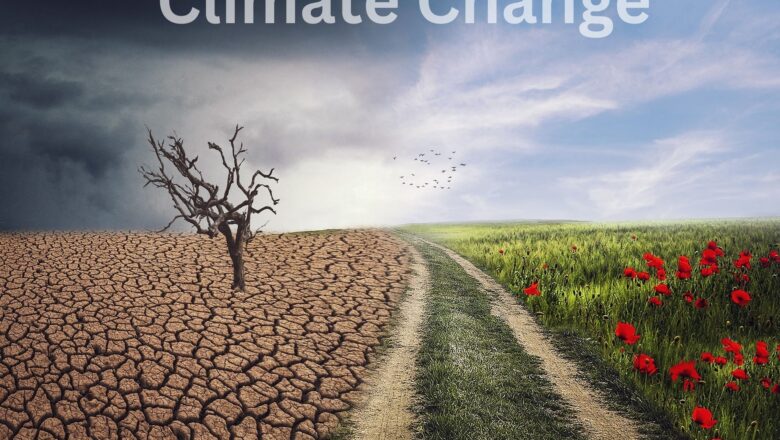
Scorching Heat to Stormy Rains: India’s Weather Turns Extreme
India is currently witnessing a dramatic clash of weather patterns intense heatwaves in northern states and heavy rainfall accompanied by thunderstorms and hailstorms in parts of the east and south. According to the India Meteorological Department (IMD) while regions like Delhi, Haryana, Punjab, and Rajasthan continue to sizzle, areas such as Odisha, Chhattisgarh, and the Northeast are battling heavy rains and hail. This complex weather situation is a result of a weak western disturbance, cyclonic circulations, and changing temperature gradients across the country.
From the hilly terrains of North India to the vast plains, temperatures have soared, intensifying the heatwave gripping the region. However some relief might be in sight due to a weak western disturbance which could lead ...





